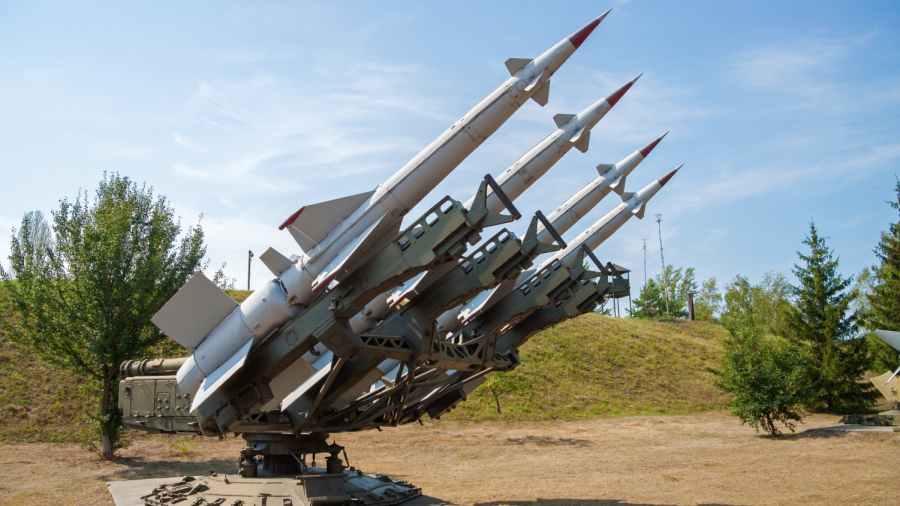Iran launches missile attack against Iraq, striking near new U.S. consulate
Missiles point toward the sky.
Earlier this month, Iran, in an unprecedented attack against Israel, used 12 ballistic missiles to hit the Iraqi capital of Erbil. According to Kurdish officials, the attacks seemed to target the U.S. and its allies, with some of the missiles landing near the new U.S. consulate. The attack did not cause any damage to U.S. facilities and no Americans were injured, according to a U.S. state department spokesperson.
The missiles only caused material damage and one civilian was injured, with no reported deaths.
Iraqi officials said that Iran produced the missiles and Iran’s Revolutionary Guards claimed responsibility for the attack. Iranian state media said that Iran’s Revolutionary Guards Corps conducted the attack against Israeli “strategic centres” in Erbil. However, Kurdish officials repeatedly insisted that there are no such sites located in or near Erbil.
The missile attack comes just four days after Iran vowed to get revenge for recent Israeli air strikes in Syria that killed four people, including at least two members of the Revolutionary Guards.
Days after the attack, officials have stated that the strikes occurred as an act of retaliation for a previously secret airstrike conducted last month by Israel on an Iranian drone factory. The “tit-for-tat” strikes showcase an alarming escalation in the long-running shadow war between the two nations. The expansion of the conflict has entangled both the U.S. and Iraq into the mix as well.
For years, the war between Iran and Israel has remained largely covert in an effort to prevent a full-scale war that neither side wants to bring about. Previous attacks have been mostly brief, limited and deniable in nature.
In a statement, the Revolutionary Guards Corp warned Israel that “once again the repeating of its evil actions will be met with a firm and destructive response.” Further adding, “We also assure the Iranian people that the country’s security and stability is a red line for the Iranian armed force.”
The strike, which hit in a sparsely populated area north of Erbil, is thought to have been calibrated to limit retaliation by the U.S. and its allies, especially with the minimal impact the attack caused.
The attack also comes after nuclear talks between Iran and world powers reached a stalemate. Negotiators have worked over the last eleven months to restore the 2015 nuclear agreement that had been put in place, which had previously restricted Iran’s nuclear program and removed strenuous economic sanctions put on Iran by the U.S. The negotiations came to a halt after Russia, a signatory to the 2015 agreement, tried to use its final approval of the Iran deal as leverage to open a loophole in the sanctions placed against the nation since its recent invasion into Ukraine.
Neither U.S. nor European officials are willing to negotiate a broad exemption for Russia from Ukraine sanctions to allow Russia to continue business as normal with Iran, but European officials have stated that they are working to find ways around Russia’s demands.




